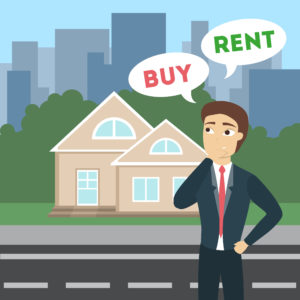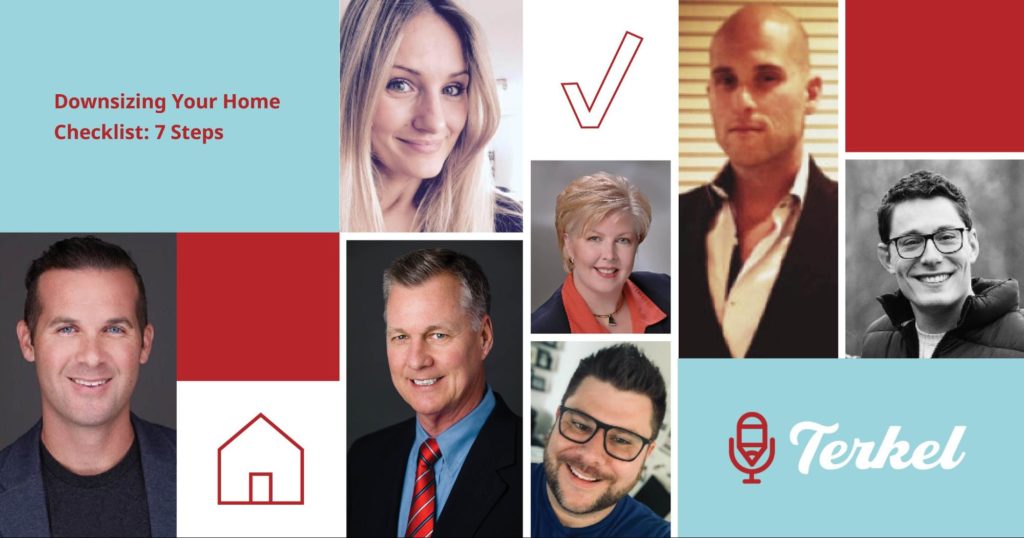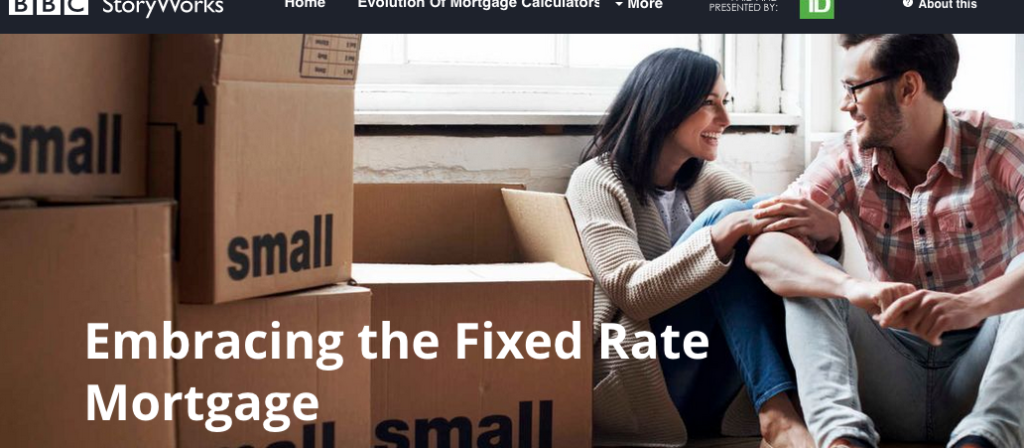By Emily Roberts
For the Financial Independence Hub
Financial independence means different things to different people. It has an impact on your life planning and whether renting is preferred over buying property. If you’re planning to go abroad and live elsewhere like continental Europe, Eastern Europe, or south-east Asia, then plans may be different again.
In this article, we look at whether renting is better than buying when you’re financially independent (or working towards it).
What Does Financial Independence mean to You?
Financial independence is possible at various levels. People refer to it by different names including Barista FIRE, CoastFIRE, FI, and others.
One approach is to reach a modest level of financial independence to provide a minimal income from investments, and to let them grow from their current level for a decade or longer while working an easier, low-paid job. Another approach is to wait until you have enough and then retire, but with the occasional freelance or consulting gig too.
Financial independence doesn’t necessarily mean retirement, which generally speaking refers to stopping working as a primary source of income. Different strokes for different folks.
Advantages of Renting
When still working, renting comes out of your paycheck and reduces what you can invest for future financial independence. Some people decide to live and work abroad to reduce their living expenses, to allow them to save faster.
Renting in the US
Americans can rent places Stateside but have to be careful of the long-term leases and associated fees along with any restrictions on tenants.
Depending on the city, renting has become quite expensive, causing some to look abroad.
Renting Abroad
Renting abroad can save you considerable money compared to back home.
For instance, PropertyGuru provides rooms for rent in Kuching, Malaysia. They have rooms for under $100 a month, studios for greater privacy, and larger multi-bedroom apartments in newly constructed buildings too. Their team can locate suitable rental accommodation close to major facilities and transport links, so whether you’re working there, planning to retire, or just on vacation, they can find something suitable.
Advantages of Buying
Purchasing real estate is something that appeals to many people. When they don’t like the idea of not owning where they live, then they lean far more towards buying.
Owning property domestically is possible when the prices are affordable. Unfortunately, cities with the most jobs typically also enjoy robust real estate markets with high prices to match. Sinking most of the next egg into a home makes retirement difficult. The ongoing ownership costs aren’t cheap either. Continue Reading…






